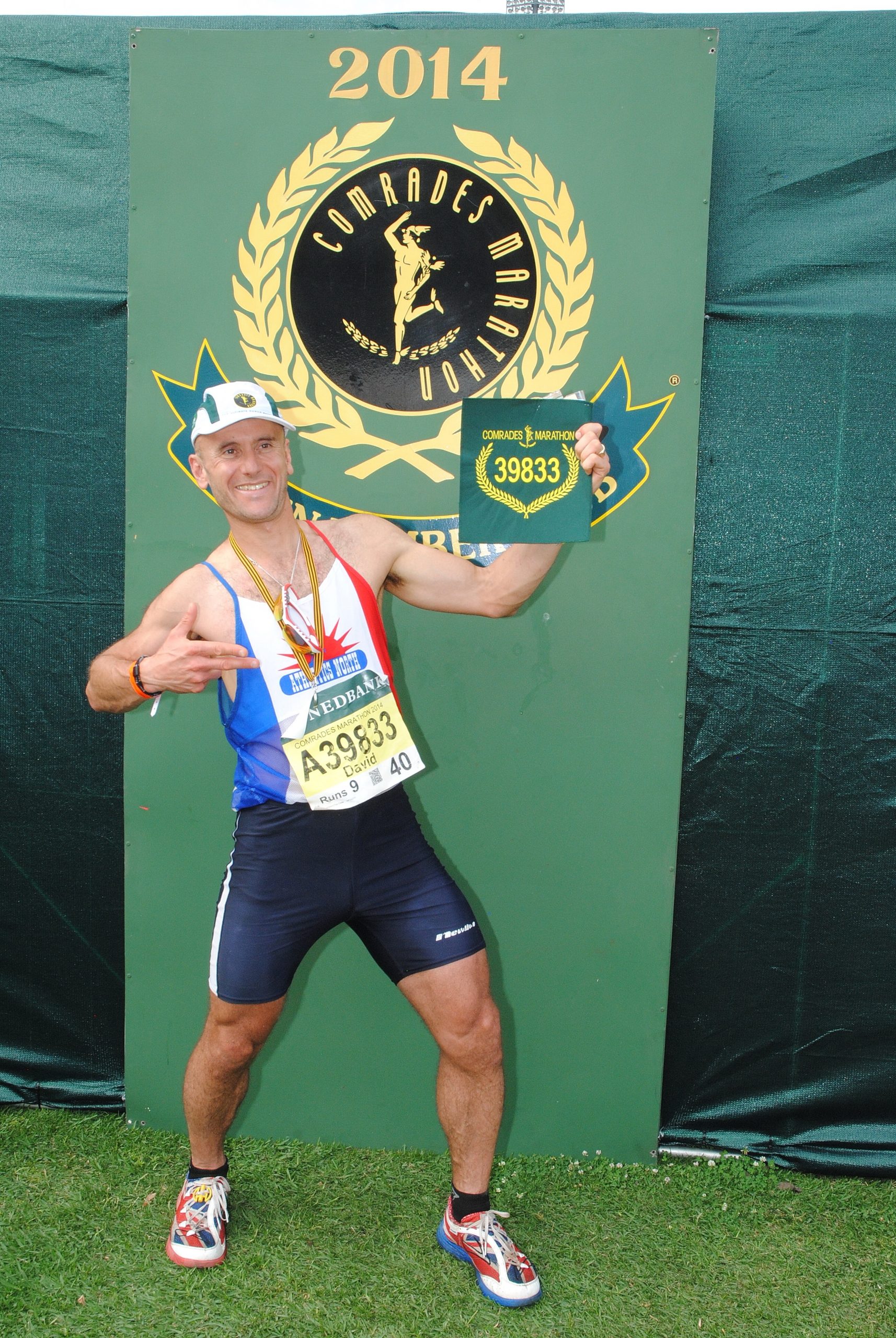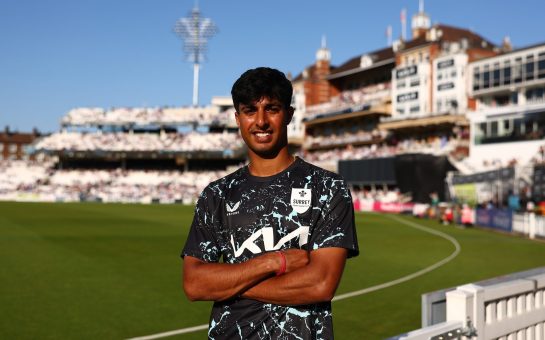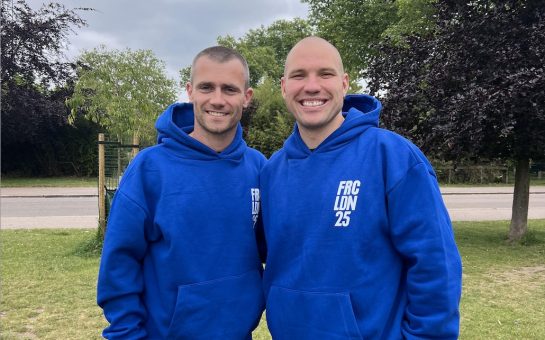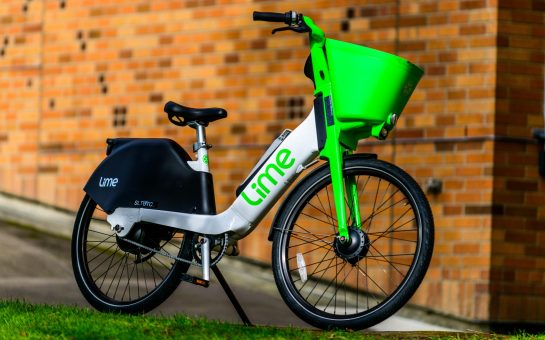By Alex Ross
June 8 2020, 13.00
Follow @SW_Londoner
Virtual running races will be staged this month to raise money for conservation charities fighting an upsurge in poaching caused by the coronavirus pandemic.
The ‘Big 5’ virtual race series, organised by David Ross, 52, director of Surrey race organiser Hermes Running, will run from 20 June, with 10% of the proceeds donated to Save The Rhino and Tusk to help protect endangered wildlife and invest in grassroots conservation programmes across Africa.
Mr Ross, who was born in Harare, Zimbabwe, and grew up in Durban, South Africa before settling in Sutton, has completed 460 marathons over 23 years, and was previously a Guinness World Record holder for running the London Marathon in a wetsuit in 2013, in a time of three hours 25 minutes.
Mr Ross explained the motivation behind the Big 5 series: “I watched a TV programme about animal poaching in Africa which hit a raw nerve. I wanted to make a bit of a difference.
“Sometimes when you go through problems, which we all are now, you realise there are probably other people and animals worse off than us.”
The coronavirus pandemic has caused an upsurge in poaching in Africa because of the collapse of tourism.
The loss of income generated by tourism has led to wide-scale redundancies of wildlife rangers and rural community projects that protect animals from poachers.
Save the Rhino is a UK charity which aims to protect all five species of rhino from poaching, reduce illegal rhino horn trade by addressing consumer behaviour, and connect with communities in Africa and South East Asia to promote conservation efforts.
Tusk – with the Duke of Cambridge as patron – provides protection to more than 40 threatened species over 70 million hectares of land.
Each of the Big 5 races is named after different game animals. The bigger the distance, the larger the animal. The series starts with the 5km leopard race, then the 10km Cape buffalo, the 5-mile rhinoceros, the 10-mile lion, and the elephant at 13.1 miles or half-marathon distance.

Racers can do all five distances over a week, or start with a single distance and build up over five weeks.
Progress is mapped using devices such as Fitbits. Once completed, times will be submitted and correlated onto an online leader board. Medals will be sent to the top runners for each distance.
Virtual events have become an alternative after the ban on mass events due to coronavirus.
“It gives runners an opportunity to go out and do something that’s not an actual race, but requires the discipline to run a designated distance,” said Mr Ross.
“You run it wherever you are in the world. You can run it in Timbuktu if you wanted.”
Sustainability is an overriding theme, with eco-friendly medals ethically sourced from the UK.
“I’ve decided not to import anything from China anymore, not from Covid-19, but because of their deplorable animal and human rights records,” he said.
Mr Ross sees signs of a growing appetite for running virtual races for a good cause.
The Hermes Thames Meander race blazed a virtual trail on 8 May, with 127 finishers sending in results.
“There’s a limit to how much you can charge people to do what is fundamentally a glorified training run, but it’s exciting because there’s a community spirit behind it,” he said.
“90% of runners are not necessarily hell-bent on what time they do; they just want to complete a race, get their personal best and feel happy with that.”
Although virtual races are easier to stage than physical events, with no need for council permission, marshals or signposted courses, their effect falls short of the buzz of runners competing together on a course.
“One of the things that’s nice about a race is that you’ve got a marshal putting a medal around your neck, patting you on the back and saying you’ve done a great job,” Mr Ross said.
There is concern for future races once they are allowed to resume, even on a small scale, if organisers are only permitted to run them under social distancing measures.
The impossibility of ensuring runners keep two metres apart during a race is evident.
“You couldn’t say, hand on heart, that you would be able to achieve it,” said Mr Ross.
The manpower required to support these events is also in doubt, as RAF and army cadets that help as marshals will not be available until after September due to safety concerns, which poses problems, according to Mr Ross: “You can’t stage a race without bums on seats.”
Yet Mr Ross believes that the contributions made by participating in the Big 5 series, however small, will go a long way.
He said: “It all counts at the end of the day – as the Dalai Lama said, if you throw a pebble in the water you can create a ripple.”
Featured images credit: David Ross / Hermes Running.




